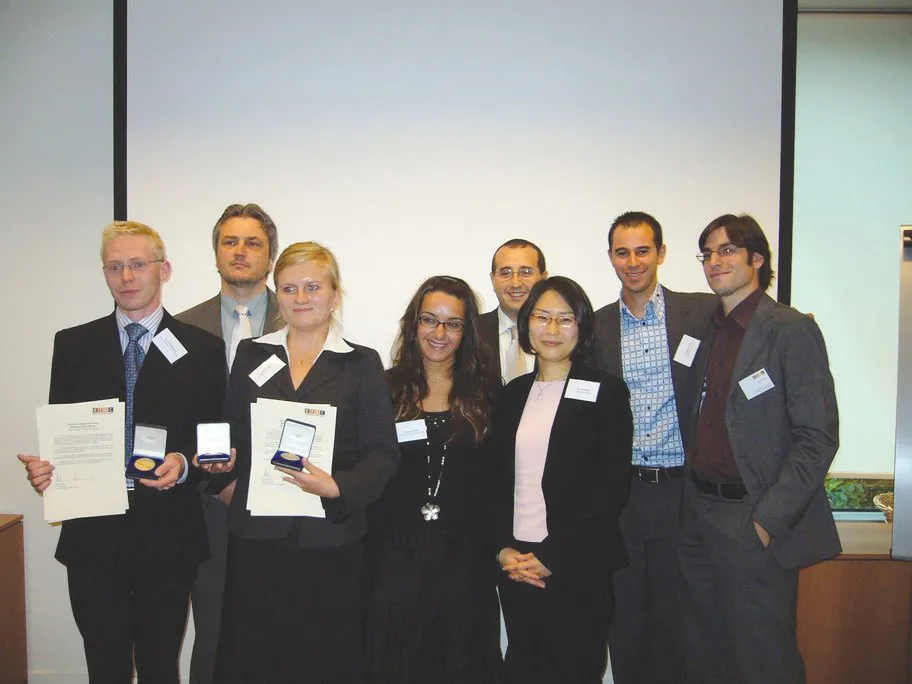The PILOT4SAFETY and BALTRIS are holding a joint workshop on "Road Safety Personnel: the importance of European standardised training and certification and their positiveimpact on civil society".
March 22, 2012
Read time: 2 mins
The 4175 Pilot4Safety and 4174 Baltris are holding a joint workshop on "Road Safety Personnel: the importance of European standardised training and certification and their positiveimpact on civil society". This will be run on 27th February 2012 at the 3413 European Economic and Social Committee (EESC) in Brussels. Key discussions will include steps towards European standardised training and certification for road safety experts and the position respect to the objective of Safer Road Infrastructure: “Towards a European road safety area: policy orientations on road safety 2011-2020”. Prospective attendees can register for the workshop at: www.fehrl.org and the preliminary programme, which is scheduled to include a welcome speech by Stephane Buffetaut, president section TEN-ESSC. The project consortia will also share experiences with other stakeholders on this topic. The workshop will be free of charge and will be held in English. The workshop has the provisional title: Road Safety Personnel: the importance of European standardised training and certification and their positive impact on civil society. The PILOT4SAFETY and BALTRIS are holding a joint workshop on "Road Safety Personnel: the importance of European standardised training and certification and their positiveimpact on civil society". This will be run on 27th February 2012 at the European Economic and Social Committee (EESC) in Brussels. Key discussions will include steps towards European standardised training and certification for road safety experts and the position respect to the objective of Safer Road Infrastructure: “Towards a European road safety area: policy orientations on road safety 2011-2020”. Prospective attendees can register for the workshop at: www.fehrl.org and the preliminary programme, which is scheduled to include a welcome speech by Stephane Buffetaut, president section TEN-ESSC. The project consortia will also share experiences with other stakeholders on this topic. The workshop will be free of charge and will be held in English. The workshop has the provisional title: Road Safety Personnel: the importance of European standardised training and certification and their positive impact on civil society.









